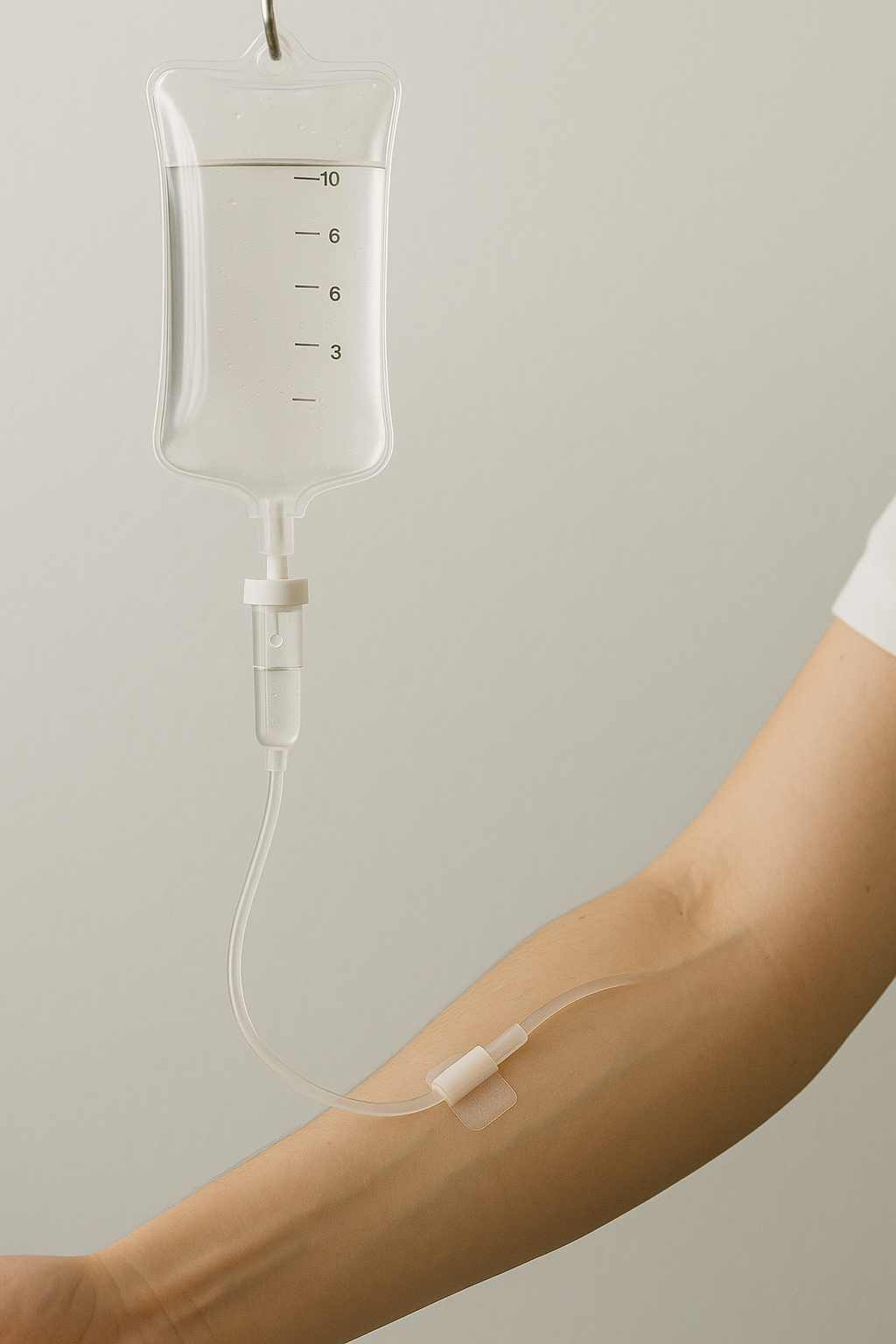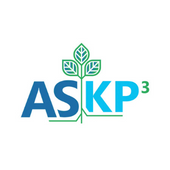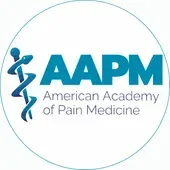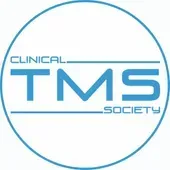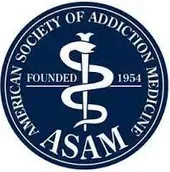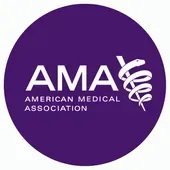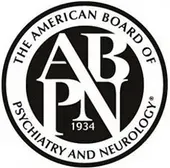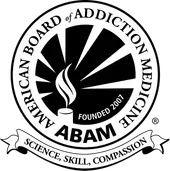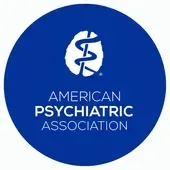Why Do People Get Addicted to Drugs?
Wave Treatment Centers
Drug Addiction Treatment in Chestnut Hill, PA
Understanding the many potential causes of addiction is a vital part of the effort to protect people from becoming dependent upon alcohol and other substances. Unfortunately, there is no single, universal answer to the question, “Why do people get addicted to drugs.”
Drug addiction is a complex disorder, and a variety of factors influences the disorder. The more a person learns about addiction and treatment, the better prepared they will be to safeguard their health and, if necessary, get appropriate professional care.
What Is Drug Addiction?
Drug addiction is a general term used to describe dependence on alcohol and many other substances. The clinical term for drug addiction is substance use disorder.
As established in the fifth edition of the Diagnostic and Statistical Manual of Mental Disorders (DSM-5), a substance use disorder is characterized by “a cluster of cognitive, behavioral, and physiological symptoms indicating that the individual continues using the substance despite significant substance-related problems.”
This means that drug addiction affects how a person thinks, acts, and feels. People who become addicted to alcohol and other drugs experience overwhelming urges to use these substances again and again, even though doing so is causing obvious harm to their bodies, their minds, and their ability to live a productive and satisfying life.
How Do People Get Addicted to Drugs?
Some people are able to use alcohol and certain other drugs in moderation without developing substance use disorders. Others quickly lose control of their behaviors and become trapped by an overwhelming compulsion to abuse drugs.
So why do people get addicted to drugs? There’s no simple answer. However, research suggests a combination of genetic and environmental factors can influence a person’s risk for becoming addicted to drugs. These factors may include:
- Having a family history of substance abuse and addiction
- Having a personal history of abuse, neglect, or other forms of trauma
- Growing up in an environment where drugs are easily available and commonly used
- Inheriting personality traits such as impulsivity and novelty-seeking
- Developing poor stress-management skills
- Struggling with certain mental health disorders
None of these factors guarantee that a person will become addicted to drugs. But they can increase the likelihood that a person may develop a substance use disorder at some point in their life.
Signs and Symptoms of Drug Addiction
The signs and symptoms of drug addiction that a person experiences are influenced by such factors as age and gender, the type of drug they have been using, and how long they’ve been addicted to that drug. Whether they have a co-occurring mental health disorder can also be a factor.
In general terms, the following are among the more common signs and symptoms of drug addiction:
- Significant unexplained changes in mood, personality, appearance, energy level, or weight
- Difficulty focusing, concentrating, or following conversations
- Frequent unexplained absences from work or school
- Changes in sleeping habits (including both insomnia and hypersomnia)
- Pulling away from family and friends
- Being unable to experience joy or cope with problems without using drugs
- Acting with uncharacteristic violence or anger
- Using drugs even when it is clearly dangerous to do so, such as when driving
- Continuing to use drugs even after experiencing negative repercussions (such as job loss, physical harm, or legal problems) due to previous drug use
- Experiencing physical pain or emotional distress when unable to access or use drugs
- Trying to stop using drugs, but being unable to do so
Anyone who exhibits these warning signs should consult with a qualified healthcare provider to complete an assessment and, if necessary, get the help they need.
How Do You Overcome Drug Addiction?
Most experts view addiction as a chronic disease that can include times of remission and relapse. In other words, drug addiction is not a disorder that can be “cured.” It is a long-term condition with manageable symptoms.
When a person gets effective professional treatment for drug addiction, they can learn how to manage the symptoms they have been experiencing and overcome the self-defeating urges that have had such a harmful impact on their lives. Accomplishing this can involve components such as the following:
- Addressing the issues that may have led a person to begin using drugs
- Identifying triggers (which are the experiences or occurrences that may push a person back toward drug use)
- Getting treatment for trauma, co-occurring mental health disorders, or other concerns as needed
- Developing conflict-resolution skills and other capabilities that will enable a person to respond to difficult situations without resorting to substance use
- Participating in therapy, support groups, and other services
- Finding new hobbies or interests to fill the hours
- Learning how to prevent and, if necessary, respond to relapse in a healthy manner
- Establishing a strong personal support system
Recovery from addiction is a lifelong process. But when a person gets the type and level of care that’s right for them, they can overcome the compulsion to use drugs and achieve improved quality of life.
Treatment Options for Drug Addiction
Substance use disorders affect different people in different ways, so those who need care should be aware of the many treatment options for drug addiction.
People who receive outpatient drug addiction treatment at WAVE Treatment Centers in Philadelphia may benefit from services such as:
- Detoxification and withdrawal treatment
- Medication-assisted treatment (MAT)
- Behavioral counseling
- Psychotherapy
- Assessments and treatment for co-occurring mental health disorders
- Referrals for inpatient care
There is no single perfect type of drug addiction treatment. Instead, what’s most important is finding the type of treatment that most closely aligns with each person’s specific history, needs, and preferences.
Personalized Drug Addiction Treatment in Philadelphia
Drug addiction is a complex challenge that can undermine a person’s ability live to a healthy and satisfying life. But when you get the customized care you need, you can regain control of your life and achieve the bright future you deserve. Contact WAVE Treatment Centers today and discover your path to successful, long-term recovery.
The post Why Do People Get Addicted to Drugs? appeared first on WAVE Mental Health Treatment Centers.
Schedule Your Consultation
Chestnut BLOG Form Submission




